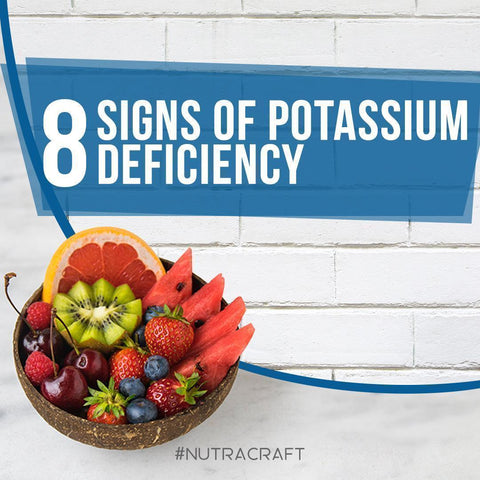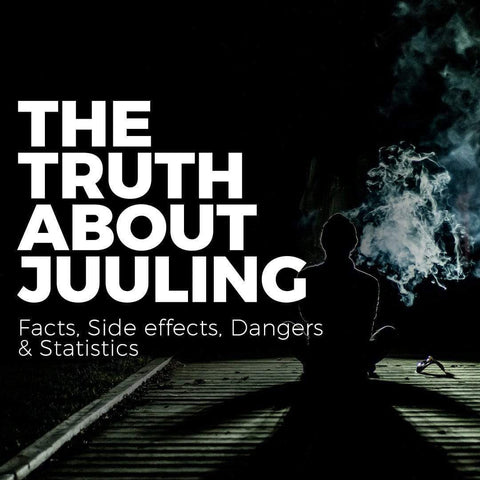 Could something as simple as weighted blankets really diminish the suffering of those with anxiety, depression, and insomnia?
Could something as simple as weighted blankets really diminish the suffering of those with anxiety, depression, and insomnia?
What Are Weighted Blankets?
Weighted blankets are blankets that are filled with poly plastic (Polypropylene) pellets that add weight to the blanket. So how on earth could a heavy blanket have an effect on the way we feel?
Well, consider this first. In the field of psychiatry, weighted blankets have long been used to calm down children with behavioral issues related to anxiety, stress, and autism.
Occupational therapists have noted that the pressure that the blankets put on patients’ bodies calms the nervous system. Light touch, in general, causes a calming of the nervous system.
More specifically, proponents of weighted blankets claim that the pressure of these blankets can induce the production of serotonin, a calming neurotransmitter. Although this claim might not be specifically validated yet, it has been shown that light touch, like light massage, does influence hormone activity in the body.4
Exclusive Bonus! Download the FREE report ‘5 Top Supplement for Optimum Health’ by clicking here.
What The Research Shows
Of the three studies on the supposed sleep-promoting effects of weighted blankets, two suggest that weighted blankets seem to be effective. One study showed no benefits, but the participants did subjectively prefer the weighted over non-weighted blankets.
Study 1
In 2010, a small study on children with ADHD showed that weighted blankets did indeed lessen the time it took to fall asleep and also improved children's attention span in school.1 This was, however, a shorter duration and small-scale study, and these are characteristics that traditionally lessen its value.
Study 2
Another study, done on autistic children, measured objective parameters like total sleep time, time to fall asleep, and number of times waking. No differences were found in sleep quality between those who used weighted blankets and those who used the control blanket.2 However, the children subjectively preferred the weighted blankets.2 So it did make the kids at least feel better and more comforted.
Study 3
Most impressively in support of weighted blankets, a 2015 study found that sleep “bouts,” or cycles of sleep without waking, did improve along with a decrease in movements during sleep.3 Subjectively, participants found that they slept better and felt more refreshed.3
An Effective Non-drug Way to Calm Yourself
With the initial research on weighted blankets looking fairly promising, anyone who could use some help in the battle against anxiety, insomnia, and/or depression might consider trying out these blankets.
You may not need to see tons of research before you are convinced of the effectiveness of this therapy. Perhaps trying it and seeing if it works for you is the best way to find out. After all, these blankets are completely safe.
And any non-drug option you can use to ease your ills, lessens the risk of side effects, or toxicity can only be beneficial.
Footnotes:1. C Furnell, F Finlay, G594(P) The Use of Weighted Blankets to Modify Sleep in Attention Deficit Hyperactivity Disorder (ADHD), Volume 101, Issue Suppl 1
2. Gringras P, Green D, Wright B, Rush C, Sparrowhawk M, Pratt K, Allgar V, Hooke N, Moore D, Zaiwalla Z, Wiggs L., Weighted blankets and sleep in autistic children--a randomized controlled trial., Pediatrics. 2014 Aug;134(2):298-306. doi: 10.1542/peds.2013-4285. Epub 2014 Jul 14.
3. Ackerley R, Badre G, Olausson H (2015) Positive Effects of a Weighted Blanket on Insomnia. J Sleep Med Disord 2(3): 1022.
4. Hidenobu Sumioka, Aya Nakae, Ryota Kanai, Hiroshi Ishiguro, Huggable communication medium decreases cortisol levels, Sci Rep. 2013; 3: 3034. Published online 2013 Oct 23. doi: 10.1038/srep03034










